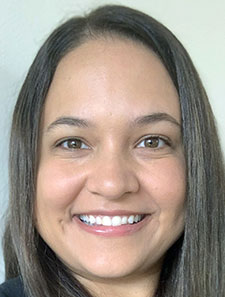Clinical question: Does inhaled amikacin reduce the incidence of ventilator-associated pneumonia (VAP) in critically ill patients?
Background: VAP is a common and serious complication in patients on mechanical ventilation, linked to increased morbidity, mortality, and healthcare costs. Despite various commonly employed preventive measures, the incidence of VAP remains high. This study investigated whether inhaled amikacin can effectively reduce rates of VAP.
Study design: Investigator-initiated, multicenter, double-blinded, randomized, controlled, superiority trial
Setting: 19 ICUs in France
Synopsis: Between July 2017 and March 2021, 850 patients on mechanical ventilation for at least 72 hours were randomized to receive inhaled amikacin (20 mg/kg of ideal body weight) or placebo (inhaled 0.9% sodium chloride) once daily for three days. The trial excluded patients on mechanical ventilation for more than 96 hours, those with suspected or confirmed VAP, severe acute kidney injury without renal-replacement therapy, chronic kidney disease (eGFR <30 mL/min), tracheostomy tube, or planned extubation within the next 24 hours, and those receiving systemic aminoglycoside therapy. The primary outcome was a first episode of ventilator-associated pneumonia during 28 days of follow-up. At 28 days, 15% of the amikacin group and 22% of the placebo group developed VAP (difference in mean survival time to VAP, 1.5 days; 95% CI, 0.6 to 2.5; P=0.004). An infection-related ventilator-associated complication occurred in 18% of patients in the amikacin group and 26% of patients in the placebo group (hazard ratio [HR], 0.66; 95% CI, 0.50 to 0.89). Limitations of the study include the extensive exclusion criteria, which make it challenging to generalize the results.
Bottom line: A three-day course of inhaled amikacin significantly reduced the incidence of VAP in critically ill patients undergoing mechanical ventilation. Further studies are warranted to assess long-term outcomes and broader patient benefits.
Citation: Ehrmann S, et al. Inhaled amikacin to prevent ventilator-associated pneumonia. N Engl J Med. 2023;389(22):2052-62.

Dr. Cedeno
Dr. Cedeno is a hospitalist in the division of hospital medicine at the Mount Sinai Health System and an assistant professor of medicine at the Icahn School of Medicine at Mount Sinai in New York.